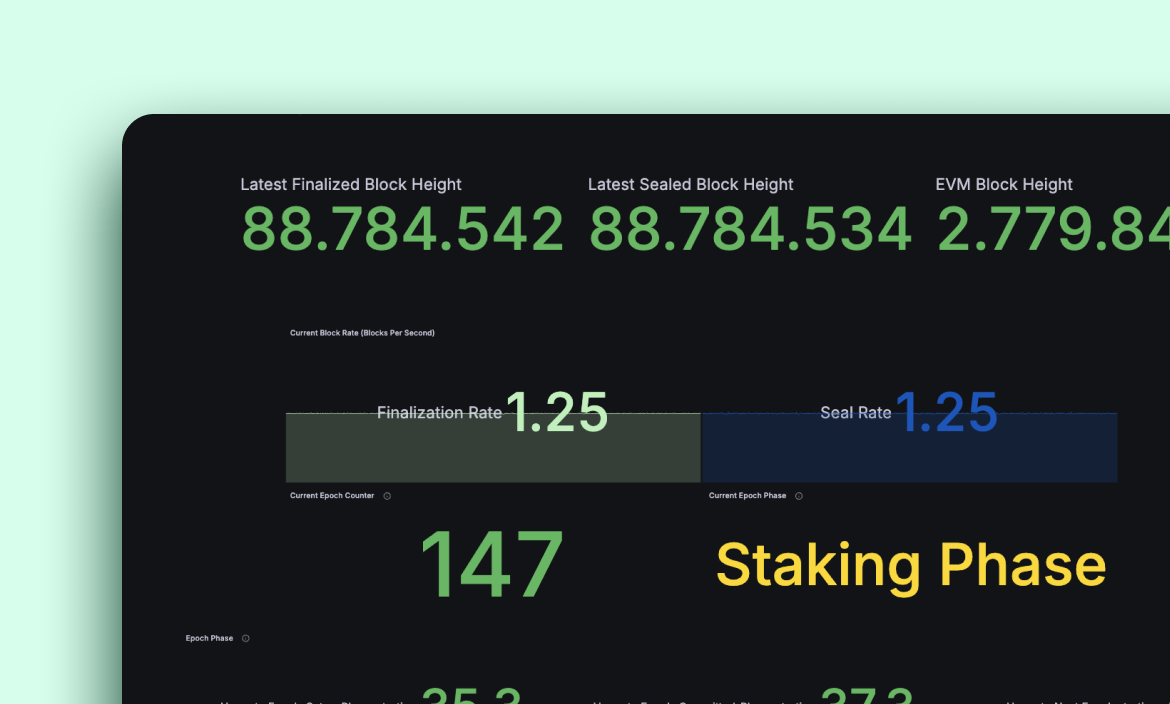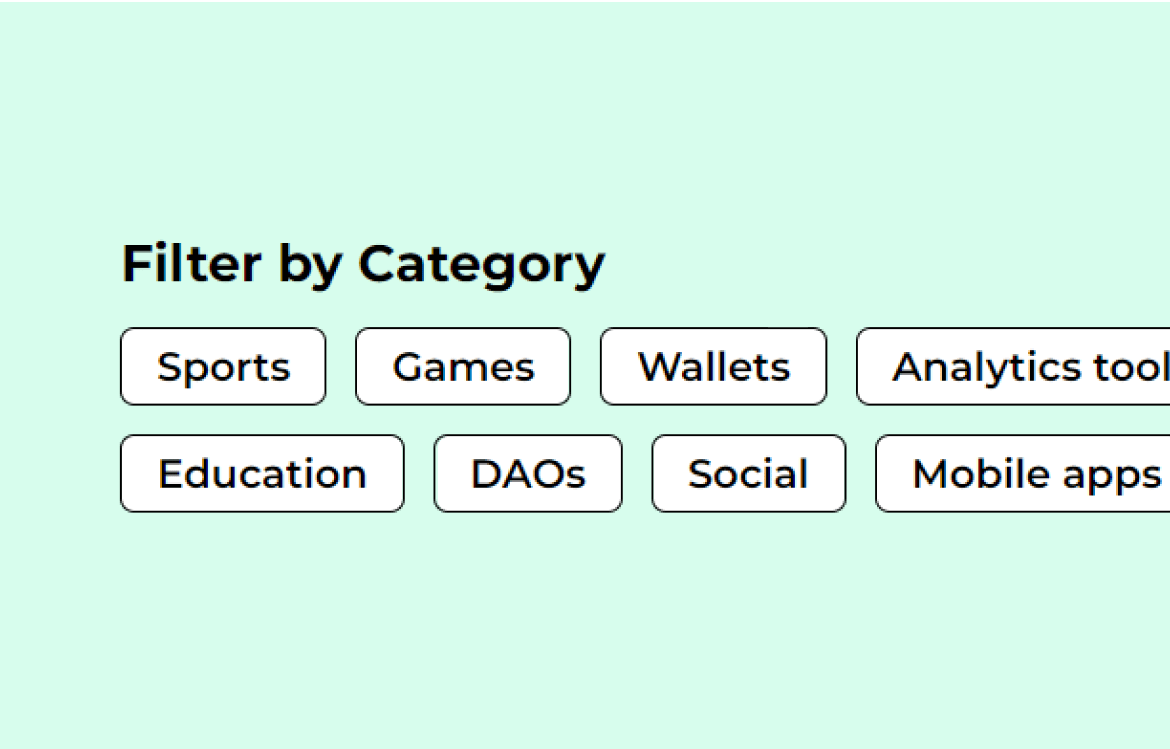Decentralization

Is Flow Decentralized?
Flow is fully decentralized, open, and controlled by the community.
Flow was built to be decentralized from the start, and has continued to become more decentralized over time. With more than 10,000+ developers in various stages of building applications on Flow, over 3,000 smart contracts currently deployed on Flow, no more than 1/6th of the nodes controlled by a single entity, and a range of projects and teams all building on Flow.
Anyone can join in on help to secure and further the decentralization of the network. Learn how you can get started with running a Node here.
Here are some ways
in which Flow is decentralized:
Nodes are operated by community members:
Anyone can become a validator on Flow by staking FLOW tokens and running a node. This ensures that the network is not controlled by any single entity.
Network is inherently secure by separation of concerns.
Flow uses a unique multi-role process where consensus is separated from transaction execution. This separation of concerns makes the network inherently more secure and resistant against attack.
The network is designed to scale without sharding:
Flow is designed to scale without sharding, which is a technique that divides the network into smaller subnetworks. This allows Flow to achieve high throughput and low latency while maintaining decentralization.
Network governance and FLIPs process
Flow’s governance structure has been crafted to prioritize network safety, transparency, and longevity. With a community-led approach to drive platform maintenance, administration, and growth, Flow governance effectively serves the collective needs of the community.
Flow's decentralized infrastructure is designed to ensure the security, scalability, and reliability of the network.
By decentralizing the network, Flow makes it more resistant to attack and more accessible to developers and users.
Decentralization in action
Explore the Flow Network
Flowdiver is a block explorer for the Flow network that shows all the key information about the network including how stake is distributed across a large number of geographically distributed nodes.

The Network Overview Dashboard
This dashboard tracks the operational health and performance of the Flow network. It shows key metrics such as network uptime, access node uptime, epoch phase, collection finalization, block finalization, transaction execution, sealing metrics, and the consensus leaderboard.

Find projects built on Flow
The Flowverse team has a great overview of all the projects building on Flow.

Track live code releases
Flow Pulse show’s the github issues and live code releases as they happen. This allows for anyone to track - in real time - the activity on the Flow network.

Stay up to date with the latest news on Flow.
Stay up to date with the latest news on Flow.


